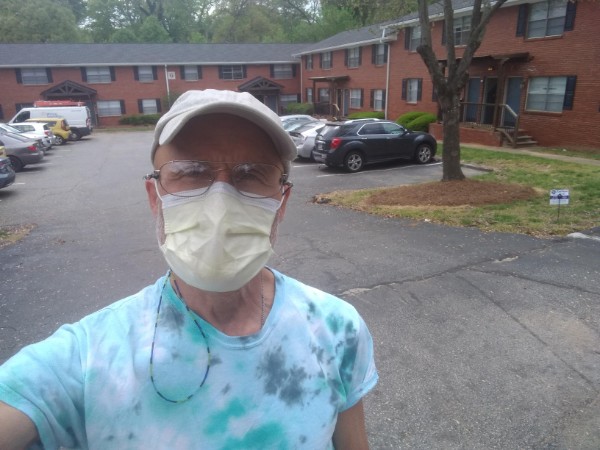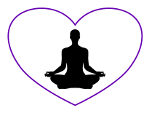
I’ve been driving DoorDash using my Zero electric motorcycle. To be honest, it’s mainly because I love riding it so much and love serving people. The pay is pretty poor, but I don’t care.
However I have felt torn about it, on the level of need. Our society seems to think that needs go so far beyond sustaining our physical bodies. Most of us live for the taste of fancy food, the delightful acting on our favorite TV shows and the hugs and kisses from our loved ones. Why would I put such a wonderful, natural and needed thing into this list? All of these, even loving relationships, are not technically needed to keep the body alive, unless you are an infant. Monks have lived in caves or other homes of seclusion for many generations and thrived physically.
Do I want to participate in an activity that risks the lives of the people that I’m serving? No matter how careful I try to be, it is possible that I will infect the customers and restaurant workers in the process. Some will just get mild symptoms, some will die. Or some of the people that they love will die, because of the hugs and kisses that are still being exchanged, because we need them. We really do need them. I know that! My rational for doing the delivery work is that I love it and if I don’t do it, someone else will! But my heart is starting to tell me “no thank you” to that rational lately.
How many people that would have suffered in a car accident, with it’s associated loss, guilt, or even death, are avoiding that possibility by staying safe in their homes these past many weeks? I guess I could look it up, but I’ll leave that to you, if you wish. Can we really control when we die? When our loved ones will die? How they will die? For my part, I don’t want to try. If I did, I probably would not ride a motorcycle!
I always put on my seat belt. When I was a child we didn’t have them and now we do. The number of people saved by our modern safety equipment, they say is quite large.
When I was a child, were lots of people dying of, or at least greatly suffering from Lyme disease? Not yet. That came in the 1980’s. Aids? Nope, not yet. I’m sure there are other examples. There are new ways to die every generation, and new ways to behave, new inventions that become a standard part of modern life, to save lives, too. It’s all good!
Yet each time a new way to die appears, or even a new illness like Lyme (which I had in the 80’s and amazingly recovered from, I have friends who are not so lucky today), which causes great discomfort and potentially suffering, large or small, we scramble as a society to try to do things to reduce that suffering. Yes, at some level we are just trading in one way of experiencing pain for another, one way to die for another. Because pain is a part of life, guaranteed, like death itself. In truth, it is all good, too! We couldn’t truly enjoy the taste of that fancy food, the delightful acting in our favorite TV shows or even those hugs, if we didn’t have the painful parts of our lives with which to compare them. The body/mind is a “difference engine,” when it comes to the emotions that we live and die by. That’s what we came to Earth to experience as human beings, or any other life form for that matter.
Even though I resonate with the big picture, the global one that spans multiple generations, I don’t think I’m going to drive DoorDash anymore. Not until the tests for the novel coronavirus, and the antibodies that we need to survive it, are available at every local pharmacy, so this novel new way to die becomes socially acceptable and manageable in people’s eyes and hearts. Not until the hospitals are no longer overwhelmed, or bracing to be soon. Because all of my life practices, from my morning meditation, to my mindful walks in the park, to the hugs I that I can normally give my friends, are to reduce suffering. That’s my bottom line! And make no mistake (how could anyone at this point?) people are suffering this new way to die. It’s different, new and scary. And driving DoorDash, or going out and having unneeded contact with anyone, (now even the White House says not to shop for food for two weeks unless you really need to) is like reckless driving (for young and healthier than average people), and like not wearing your seatbelt (for the elderly and those with health challenges).
So “practice” safe distancing. Do it as a spiritual practice. Better yet, use any extra time you have, or extra stresses you feel, to inspire you to start meditating every day! Raise your consciousness. Reduce suffering. It’s up to each of us to decide, because our governments are not that consistent in many areas about the issue!
